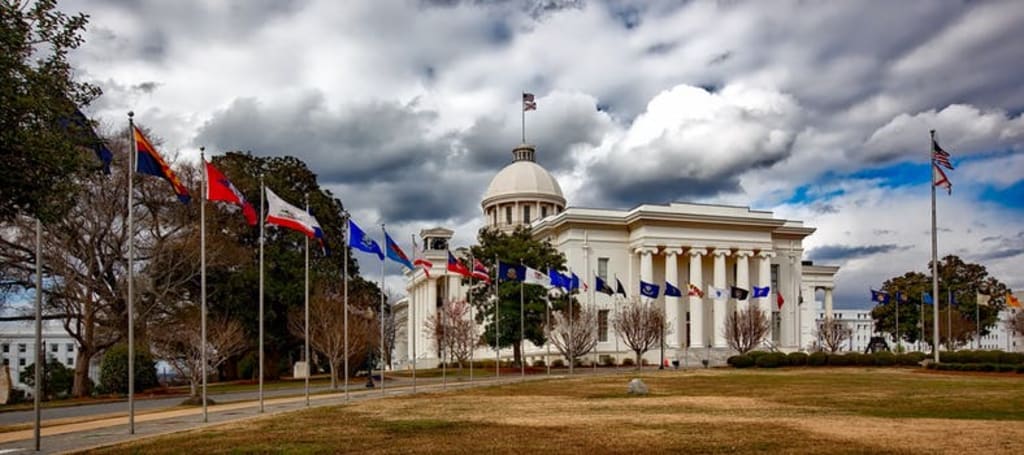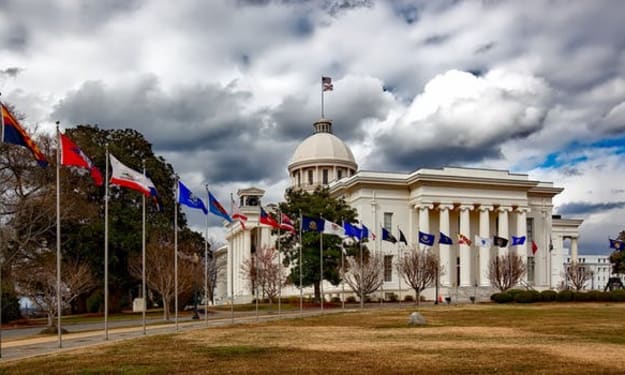Thoughts on Justice truth and law
Politics should not make laws

Thoughts on Justice, truth and the law.
Politics should not be allowed to make laws.
How can “the law” keep pace with the changes to society and knowledge?
Politics is not really suited to the making of good laws, just as lawyers are not the best people to interpret laws. Political ideology is basically a belief system that some people adhere to, if these people gain a majority in a democratically elected government, they then seek to make laws imposing this belief system on everyone, including those who do not hold the same beliefs. This makes for conflict. Lawyers are by training and through homogeneous attraction; people who consider the letter of the law the only thing that matters, they interpret laws based on just the words, not any moral intention.
Lao Tzu said “the only constant thing in the universe is change”.
The only constant thing in the universe is change. But all change has a cost and the natural changing of the universe is evolution, which is a slow (relative to human life span) process, that occurs naturally with the passage of time. It is not change due to the need for novelty and stimulation, it is not change due to marketing needs, it is not change due to impatience with what exists at the moment. Evolution does not have a pre-determined objective. It may follow rules that can be understood and so the path of evolution may possibly be predicted, but it is a process of dealing with “now” in a way that follows the rules. It is not a deliberate attempt at reaching a finite objective. Evolution does not have an end.
Society is in a constant state of change; Society (defined as-- the totality of social relationships among organised groups of human beings; social being defined as—living in a community rather than alone) gets changed by the influx of new ideas and the repudiation of the norms used by past generations. The pace at which society changes has been accelerated by relatively (last 100 years) modern technology and that rate is still increasing. This means society and the moral ideals that the majority hold to, are being changed more quickly than ever before in human history.
So humanity and the society created by humans, exist in an evolving and so ever changing universe. Which makes true a sentence in a book; (Death by Gaslight by Michael Kurland)-
“As a scientist you surely can not maintain that the truth is not a fixed quantity. No sir but I can and do maintain that our perception of the truth is ever changing, What was regarded as “truth” in science but a generation ago is laughable now.”
Perception of truth may not be exactly the same as the truth but it is our perceptions that govern our responses. If responses to anything, now held as truth, change then the actual fact becomes less relevant than the new perceptions. It may be that sometimes what is now firmly believed to be truth gets proved to be a falsehood. Take an obvious example, the beliefs that the world is flat and the sun goes round the earth; these seemed obvious truths to our ancestors, until travel proved them false. The first sailors to circumnavigate the globe had been told the earth was flat and they would fall off the edge but their perception of truth was different and so they kept sailing until they returned to their starting point.
If truth is not a fixed and unchanging item, then how can man made laws, which are claimed to be based on truth, be consistent? All round the world, various nationalities have developed codes of behaviour and enshrined them into laws which have to be obeyed to keep “society” free from anarchy. Some of these laws are based on religious beliefs, some are based on a need to maintain order in an overcrowded society and some are claimed to be based on the need for all to follow a truth. There are variations between nations and between the relative power of religious beliefs.
If truth is not a fixed certainty how can laws based on truth be justified? How can religious laws be justified when they govern people with differing religious beliefs?
Is it a fact that truth and justice are not always compatible? Or that the law and Justice are often incompatible? Or even that truth and the law are very rarely compatible? Is truth very often irrelevant?
Consider justice (which is defined as the quality or fact of being just--- just here is defined as- fair or impartial in action or judgement)- If the question of, what is justice, is asked of a variety of people it is probable that the answers will be different from each other and from the above definition. To many people justice is a moral judgement based on fairness and equality. This means it has a flexibility in practice. It changes with individual circumstances. For example, from the viewpoint of justice; harming an innocent child is viewed as wrongful, harming a person who harms an innocent child is perceived as right. The act of causing harm is less important than the circumstances. This is where justice and the law are often different. Laws are made on simplistic notions, in this example, it is against the law to harm someone. This in the view of the law; harming a child and harming the person who harms the child, are actually both the same; they are breaking the same law. The nature of law needs changing, it should not be left to the lawyers to interpret how we are ruled. Judges are lawyers which is wrong because they only judge on the law not on the realities of life and an ever shifting notion of justice
To change the making of laws, to change rules so they reflect the ever changing reality of life itself, we need to change the politics of how we are governed. Nearly all modern politics, in nearly all the word's democracies is a dance. All the dancers went to same schools and universities, they all learnt the same dance steps. They dance and spout ideology but none know the reality of life. None will starve, none will achieve greatness; it is just a dance to gain applause. There is no conviction, no real desire to make changes, no real aims, other than getting that applause.
Take politics out of government, bring back real democracy, devoid of political catch phrases. First the bureaucracy, that gets between governance and the governed has to go. Then take political parties out of the arena, then the people may gain. We may get a government for the people. We may have chaos for a while but out of chaos comes order and with good will that order may put “justice” ahead of the law. Even without such drastic changes to democracy we could make some improvements if every law had to be reaffirmed, by the democratically elected representatives of the people, every 10 years. It can be assumed that in the majority of cases this reaffirmation will be simple. But some contentious laws could be changed to reflect the changes in perception, among the majority of the electorate. It is obviously not practical to expect every law to be re-examined by the whole of an elected body every 10 years but a standing committee selected from the elected representatives of the people, could. This committee must be constructed so that lawyers and professional administrators do not and never can, control it. This committee could advise the whole elected body on which laws can be reaffirmed without detailed examination and which could be subject to change after a full debate.
About the Creator
Peter Rose
Collections of "my" vocal essays with additions, are available as printed books ASIN 197680615 and 1980878536 also some fictional works and some e books available at Amazon;-
amazon.com/author/healthandfunpeterrose
.






Comments
There are no comments for this story
Be the first to respond and start the conversation.